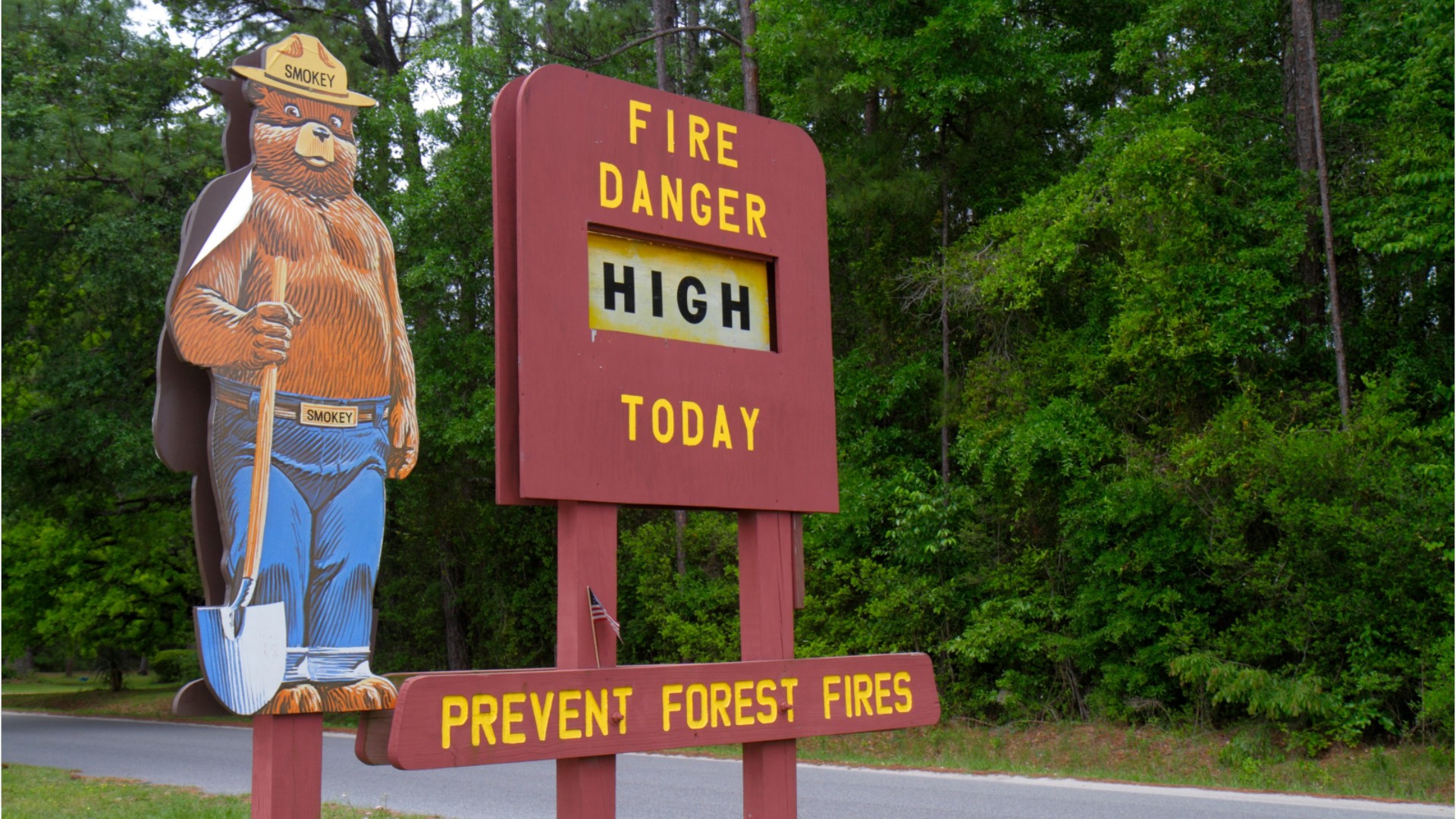Forest Fire Inspectors & Prevention Specialists
Fire Management Officer, Fire Prevention Technician, Forest Officer, Forest Patrolman
What they do:
Enforce fire regulations, inspect forest for fire hazards, and recommend forest fire prevention or control measures. May report forest fires and weather conditions.
On the job, you would:
- Relay messages about emergencies, accidents, locations of crew and personnel, and fire hazard conditions.
- Conduct wildland firefighting training.
- Estimate sizes and characteristics of fires, and report findings to base camps by radio or telephone.
Knowledge
Business
- management
- customer service
Education and Training
- teaching and course design
Safety and Government
- public safety and security
- law and government
Engineering and Technology
- computers and electronics
Skills
Basic Skills
- thinking about the pros and cons of different ways to solve a problem
- talking to others
Problem Solving
- noticing a problem and figuring out the best way to solve it
Social
- changing what is done based on other people's actions
- teaching people how to do something
Abilities
Verbal
- communicate by speaking
- listen and understand what people say
Ideas and Logic
- notice when problems happen
- use rules to solve problems
Visual Understanding
- see hidden patterns
- quickly compare groups of letters, numbers, pictures, or other things
Personality
People interested in this work like activities that include practical, hands-on problems and solutions.
They do well at jobs that need:
- Leadership Orientation
- Adaptability
- Perseverance
- Stress Tolerance
- Self-Control
- Cautiousness
Technology
You might use software like this on the job:
Application server software
- Kubernetes
- Microsoft Windows Server
Presentation software
- Microsoft PowerPoint
Data base user interface and query software
- Amazon Web Services AWS software
- Relational database software
Education
Education: (rated 3 of 5)
high school diploma/GED or
bachelor's degree
usually needed
bachelor's degree
usually needed
Job Outlook
Bright
New job opportunities are very likely in the future.
Explore More
- Fire Inspectors & Investigators
- Fire-Prevention & Protection Engineers
- Firefighters
- First-Line Supervisors of Firefighting & Prevention Workers
- Forest & Conservation Technicians
You might like a career in one of these industries:
See more details at O*NET OnLine about Forest Fire Inspectors & Prevention Specialists.





